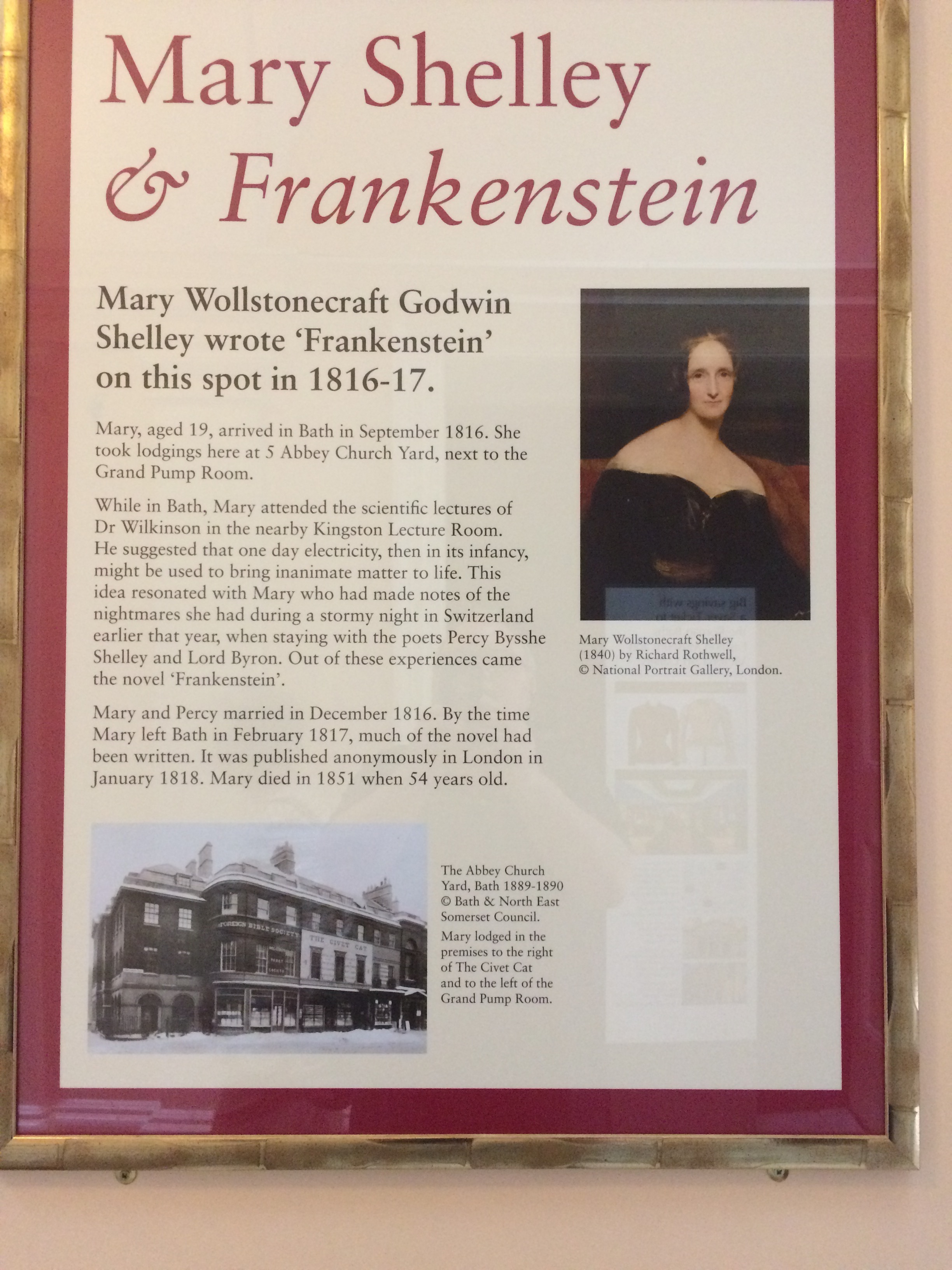
Anderson’s book Boom Town is a great story. It’s also a really great piece of writing. It moves among several stories and several timelines to explain just how it is that OKC has become…what it is. This podcast discussion with Gaylord College Dean Ed Kelley offers some important observations from him on what these times…including that dreadful act of domestic terrorism…were like. He found much to praise in Anderson’s account.

Between the failed hunt for a hockey franchise (too bad!), the establishment/theft of the Seattle Sonics/Thunder, the federal building bombing, and the tales of the great Clara Luper and her super kids, and the wild Wayne Coyne, at the Red Cup talking to the next generation of him, Anderson shows he is a great writer. The complex structure works effortlessly.
One drawback: I think this history needs to be better grounded in the Native American/Indian contexts that are a substantial part of the story. That aspect needs more attention. Spending a bit more energy speaking to this community would help to remind us about occupied lands, where we need to remember we find ourselves.
And OKC needs to recognize Indigenous People’s Day. It’s totally not hard.













